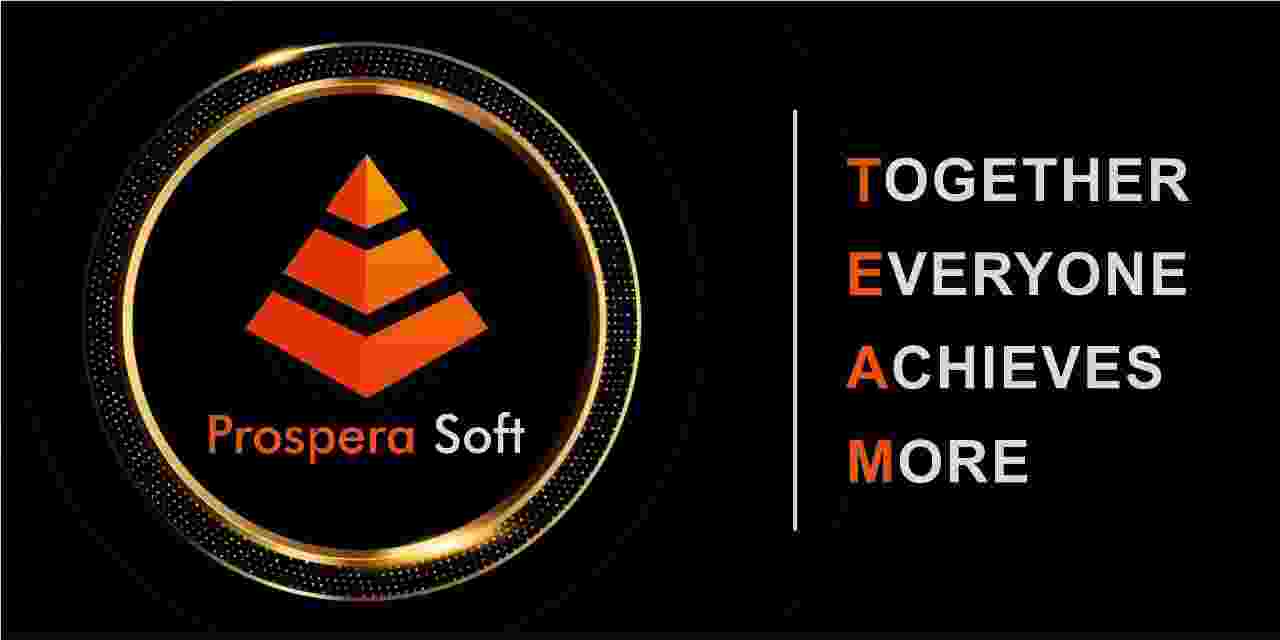Understanding Microsoft JSON Dates
Microsoft JSON dates are primarily formatted in a specific way that may confuse many developers. Unlike standard date formats, Microsoft employs a unique representation, often showing dates as a number of milliseconds since January 1, 1970. Understanding this is crucial for anyone dealing with JSON data sourced from a Microsoft environment.
Why Proper Formatting Matters
Formatting dates correctly is vital in programming, especially when data is shared across different systems. An improperly formatted date can lead to misinterpretations, errors in data manipulation, and inconsistencies in applications. Ensuring that every date is correctly formatted lays the groundwork for a smooth user experience and helps maintain data integrity.
Common Issues with Microsoft JSON Dates
One common issue developers face is converting the date milliseconds into a readable format. Since JSON data often comes from APIs, it is essential to recognize this format and convert it to one that aligns with user expectations. If not handled correctly, these issues can lead to bugs in your applications that can be frustrating to debug.
Steps to Format a Microsoft JSON Date
If you're looking to format a Microsoft JSON date, here are some straightforward steps to follow. First, convert the milliseconds into a valid Date object in JavaScript. Next, use the built-in methods to extract the various components of the date, like the year, month, and day. Lastly, you can format it in the desired structure, be it as ‘MM/DD/YYYY’ or ‘DD-MM-YYYY’.
Using JavaScript to Format Dates
JavaScript provides robust tools for handling dates. After constructing a Date object, methods like toLocaleDateString can be used to format the date according to locale settings. For instance, you can specify options to dictate how you want the month, day, and year to be displayed. This adds versatility when presenting dates to users.
Best Practices for Date Formatting
There are several best practices when formatting dates, including using UTC to avoid timezone issues, validating your date formats strictly, and ensuring consistency across your entire application. Adhering to these practices will reduce potential errors and create a seamless experience for users interacting with your data.
Testing and Validation
Even after you format the dates correctly, testing is crucial. Verify that the formatted dates are displayed accurately in all components of your application. Rigorous testing ensures that any unexpected cases—such as leap years or daylight savings time—do not result in erroneous date representations.
Outsourcing JSON Development Work
If your team is struggling with handling Microsoft JSON dates or other JSON development tasks, consider outsourcing JSON development work to experts. Partnering with seasoned developers can offload the complexities and ensure that your application's date functionalities are handled correctly, allowing your team to focus on other core areas.
Conclusion
Formatting a Microsoft JSON date might seem challenging, but with the right approach and tools, it can be managed effortlessly. Understanding the implications of date format in JSON and adhering to best practices will streamline your development process.
Just get in touch with us and we can discuss how ProsperaSoft can contribute in your success
LET’S CREATE REVOLUTIONARY SOLUTIONS, TOGETHER.
Thanks for reaching out! Our Experts will reach out to you shortly.




